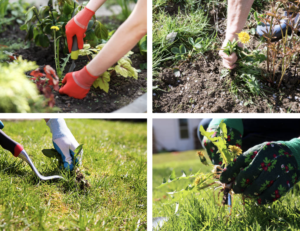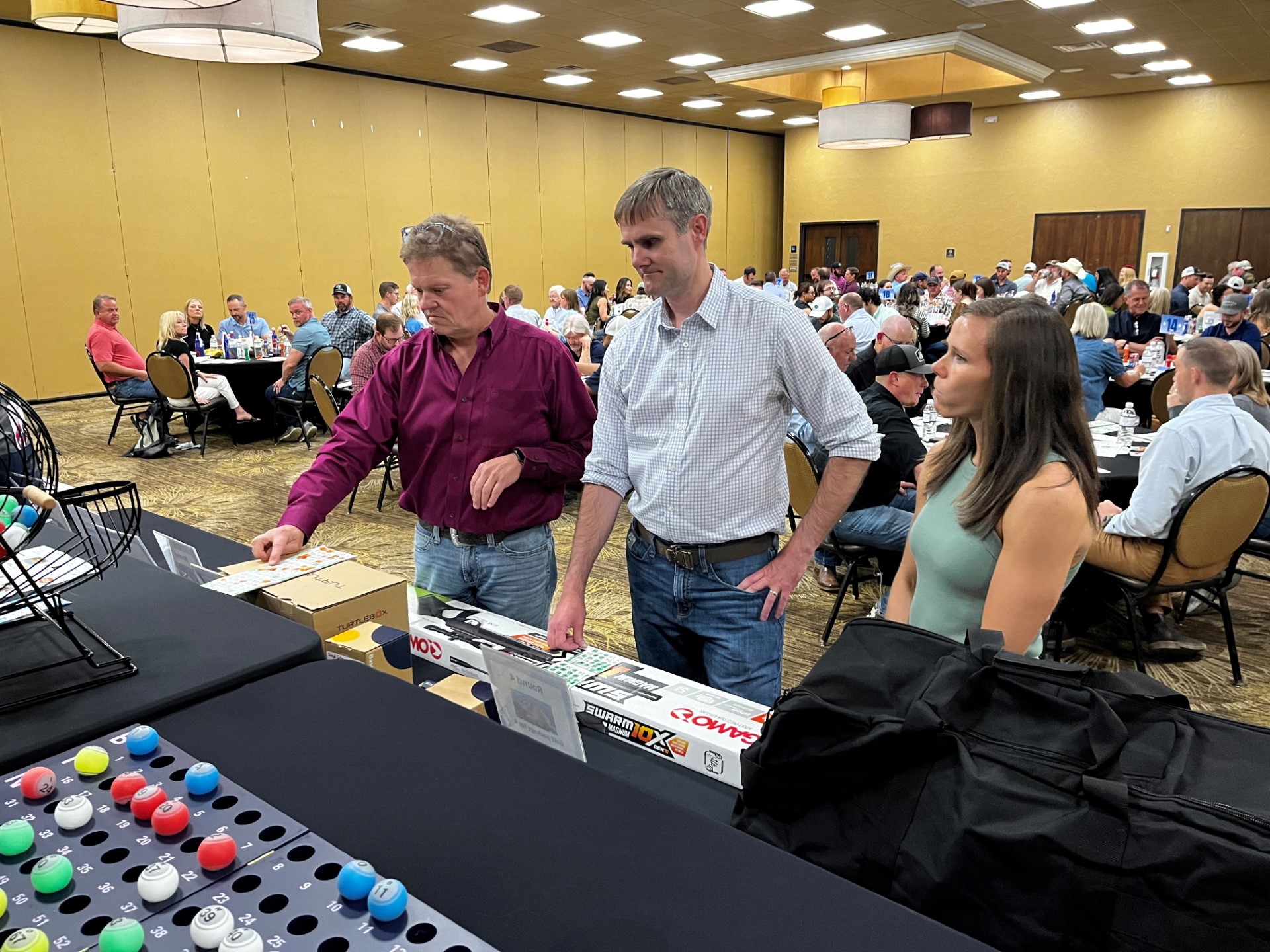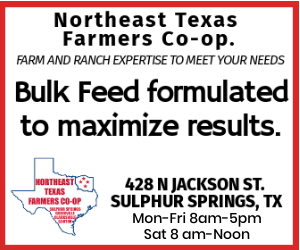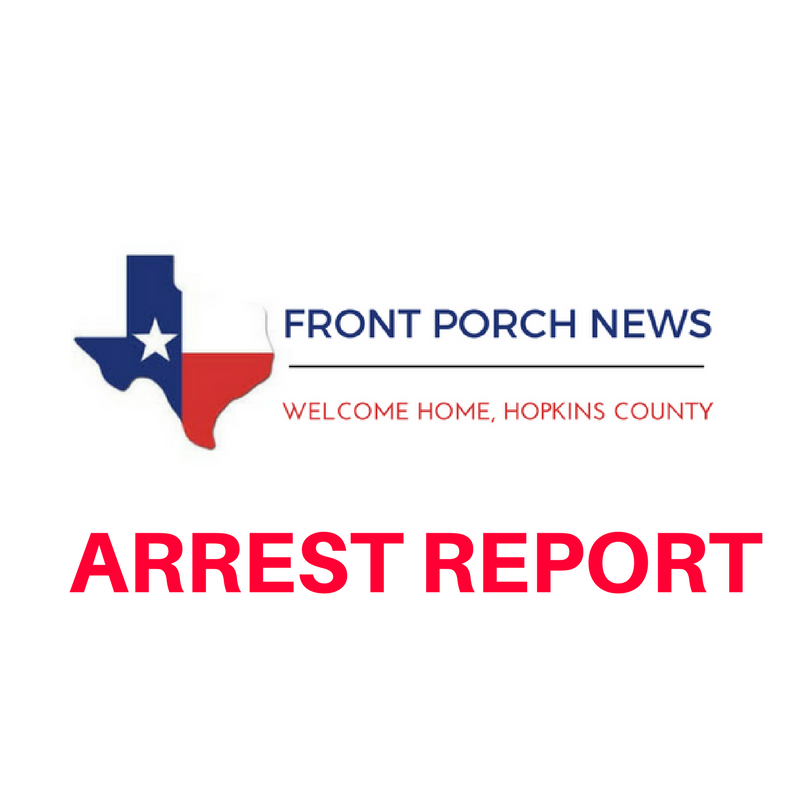Spring means garden weeds by AgriLife’s Mario Villarino

 With the First Day of Spring and the most recent warm weather and sunny days we start thinking about our warm season pastures and hay meadows. A few things to keep in mind as our warm season forages begin to break dormancy: Soil Test! Soil Test! Soil Test!
With the First Day of Spring and the most recent warm weather and sunny days we start thinking about our warm season pastures and hay meadows. A few things to keep in mind as our warm season forages begin to break dormancy: Soil Test! Soil Test! Soil Test!
If you have not done so for this year, please consider obtaining a soil test now. There is not much that can be done regarding the high cost of fertilizer, but there is much we can do regarding how efficiently we use fertilizer. The soil test is the first step in efficient fertilizer use and improved forage production. Samples should be collected annually for hay meadows and every 2 to 3 years for grazing pastures.
For soil forms and bags contact your County Extension Office in Sulphur Springs at 903-885-3443 or visit us at 1200B Houston Street in Sulphur Springs. Scout for warm-season annual weeds and grassess whether to control them with recommended herbicides. When pastures contain 50% or more weeds, economic inputs start to increase and net returns drop. Apply herbicide early, depending on the climate. To control annual weeds effectively, spray when they are small and growing.
Follow the recommendations on the product label. Note: Herbicides that control broadleaf weeds also kill clover. Sprayer Calibration is a critical step for a pesticide applicator in making sure the correct amount of pesticide is applied to the target site. Calibration is the process by which the amount of pesticide being applied per a unit of area is determined. This step is most often skipped because we get in a hurry, we calibrated it once a long time ago (surely nothing has changed) or we forget.
By skipping sprayer calibration the applicator may be applying too much pesticide or not enough pesticide. If too little pesticide is applied, the pest may not be controlled. Using more product than label directions recommend is illegal, may not control the pest effectively, may injure non-targets and may be hazardous to the environment. For more information on this or any other agricultural topic please contact the Hopkins County Extension Office at 903-885-3443 or email me at m-villarino@tamu.edu.
Contributed by Mario Villarino. Photos from Farm Bureau/ Mark Stebnicki












